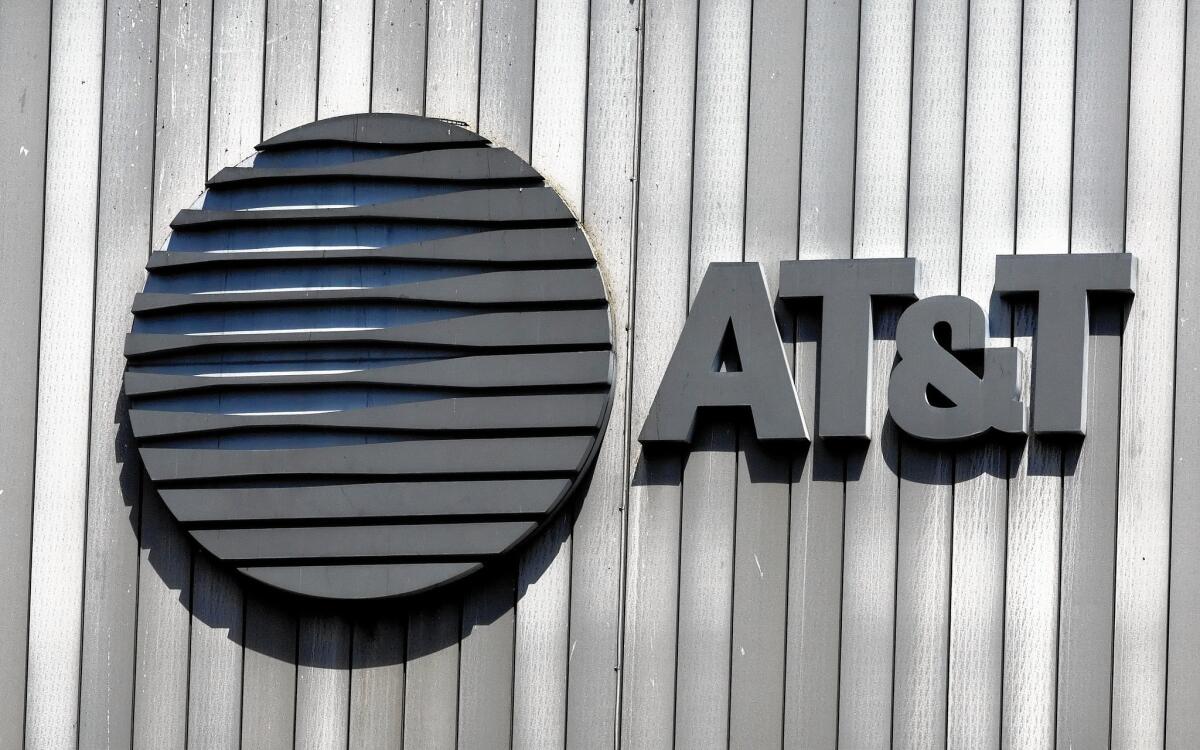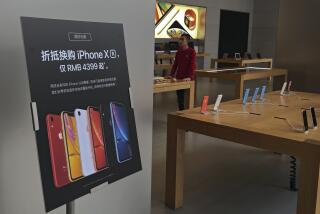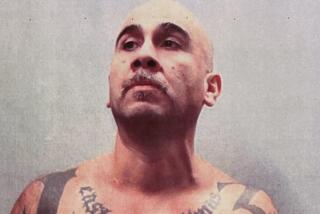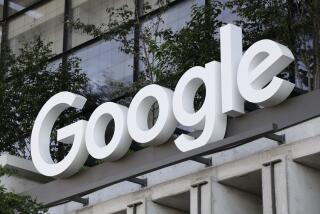AT&T to pay $105 million to settle ‘mobile cramming’ cases

Authorities sent their strongest warning yet to wireless companies not to hide unauthorized charges on customers’ bills, announcing a $105-million settlement with AT&T Inc. that included $80 million in consumer refunds.
The settlement is the largest so far for so-called mobile cramming, in which payments to third parties for special wireless services are added to phone bills and often go undetected by customers for months.
The services — such as subscriptions that enable people to download ringtones and wallpaper or receive text messages with flirting tips, horoscopes and celebrity gossip — usually cost $9.99 a month. AT&T Mobility, a subsidiary of the telecommunications giant, kept at least 35% of those payments, federal officials said.
“For too long, consumers have been charged on their phone bills for things they did not buy,” Tom Wheeler, chairman of the Federal Communications Commission, said Wednesday at a news conference. “It stops today for AT&T.”
AT&T agreed to make the payments to settle federal and state investigations of illegal billing practices that began at least as early as 2009.
Those payments totaled hundreds of millions of dollars, said the Federal Trade Commission, which joined with the FCC and attorneys general in all 50 states and the District of Columbia in bringing the case.
The problem of cramming, which began with land line telephone providers, has mushroomed with the soaring popularity of smartphones and has occurred both on stand-alone wireless bills and on bills bundled with other services, such as pay TV.
Wheeler said 20 million consumers a year are affected. An investigation by the Senate Commerce Committee this summer said cramming was a billion-dollar industry.
The AT&T case is the FTC’s seventh enforcement action against cramming activities by mobile phone carriers in the last year.
In July, the agency filed a lawsuit accusing T-Mobile US Inc. of using cramming to bilk customers of hundreds of millions of dollars. T-Mobile said the complaint was “sensationalized … unfounded and without merit.” The case is pending.
Consumers Union, saying wireless providers have “profited greatly” from cramming, has pushed for tougher consumer protections.
The AT&T settlement “sends a very strong message that this is not going to be tolerated,” said Delara Derakhshani, the organization’s policy counsel
Last year, AT&T and the other three major mobile providers — Verizon Wireless, Sprint Corp. and T-Mobile — agreed to stop putting charges for third-party text-messaging services on customers’ bills.
Those so-called premium short messaging services, or PSMS, account for the majority of third-party charges and cramming complaints, authorities said.
“While we had rigorous protections in place to guard consumers against unauthorized billing from these companies, last year we discontinued third-party billing for PSMS services,” AT&T spokesman Michael Balmoris said Wednesday.
“This settlement gives our customers who believe they were wrongfully billed for PSMS services the ability to get a refund,” he said.
FTC Chairwoman Edith Ramirez said the settlement covers all forms of third-party billing, including some practices AT&T had not agreed to stop last year.
In addition to the $80 million in customer refunds, AT&T will pay a $5-million penalty to the FCC and a total of $20 million in penalties and fees to states and Washington, D.C., the FTC said.
California will receive $927,536 from the penalties, Atty. Gen. Kamala D. Harris said.
Maryland Atty. Gen. Douglas Gansler called cramming “insidious fraudulent conduct” that duped consumers.
“We’re talking about reputable companies like AT&T and others,” he said at the news conference. “This isn’t Phil’s Phone Shack that’s doing this.”
AT&T received 1.3 million calls from customers questioning third-party charges on their bills in 2011 alone, the FTC said.
The complaints should have raised alarms, Ramirez said. Instead, AT&T tightened its refund policy to reassure companies offering third-party services they would not have to hand over full refunds to customers, she said.
AT&T had offered refunds for as much as three months worth of charges, but starting in October 2011, it limited refunds to just two months, Ramirez said.
AT&T’s bills made it difficult for customers to identify third-party payments they did not authorize. The payments were listed as “AT&T Monthly Subscription,” which led customers to believe the charges were part of their service with the company, the FTC said.
The settlement requires AT&T to obtain “express, informed consent” from customers before placing any third-party charges on their bills.
The charges need to be clearly identified as coming from a third party, and customers must be provided with an option to block the charges.
AT&T agreed to send notices about the refunds to all current customers who were billed for unauthorized third-party services.
Consumers who think they are eligible can go to https://www.ftc.gov/att to apply for a refund or call (877) 819-9692. Current and former AT&T customers who paid for unauthorized third-party charges after Jan. 1, 2009, are eligible.
The FTC’s refund administrator will notify former customers.







